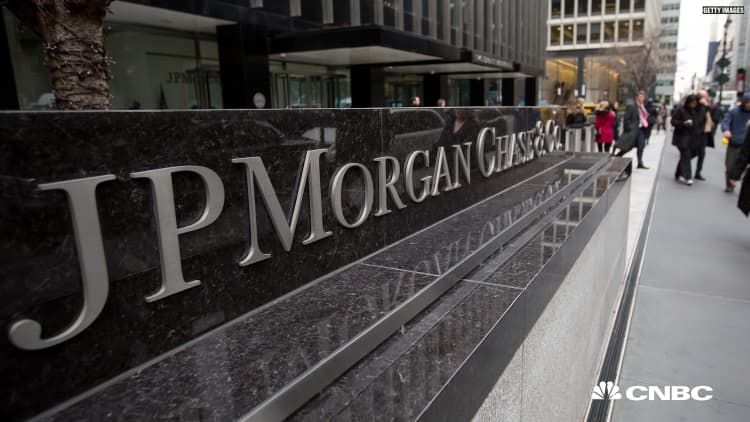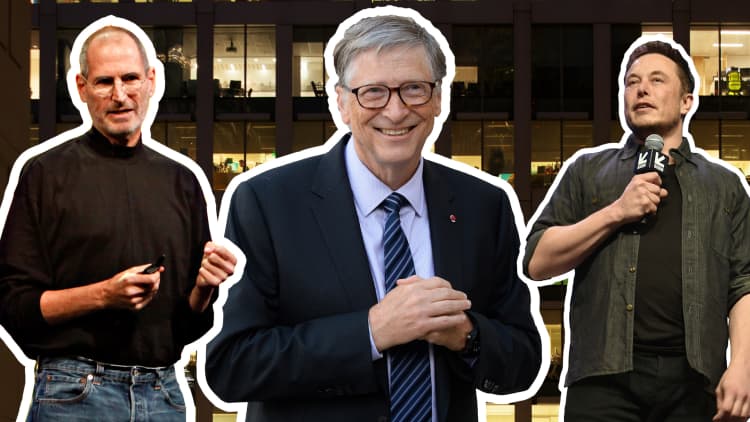Cold calls and emails have become an increasingly popular way to connect with even high-level executives. Billionaire investor Mark Cuban recently invested in two different start-ups run by 20-somethings who sent him cold emails.
You could say Apple co-founder Steve Jobs and Tesla CEO Elon Musk were early adopters: They used cold calls to land their very first internships.
"I've never found anybody that didn't want to help me if I asked them for help," Jobs said, referring to the cold call in a 1994 interview archived by the Silicon Valley Historical Association.
Here's how Jobs and Musk both used cold-calling to get a start on their professional careers.
Steve Jobs
At age 12, Jobs cold-called Hewlett-Packard's co-founder Bill Hewlett to request some leftover electronic parts and, to his surprise, Hewlett picked up the phone. At first, the exec was amused by the high schooler, and soon after, taking the young man more seriously, he offered Jobs an internship.
"He laughed and he gave me the spare parts to build the frequency counter and he gave me a job that summer at Hewlett-Packard, working on the assembly line putting nuts and bolts together on frequency counters," Jobs recalled. "He got me a job in the place that built them and I was in heaven.
Being willing to reach out and risk rejection is what separates "the people who do things from the people who just dream about them," Jobs said. Getting over your fear of failure, he added, can lead to success.
"You've got to be willing to crash and burn, with people on the phone, with starting a company, with whatever," Jobs said. "If you're afraid of failing, you won't get very far."
Elon Musk
While studying physics at Queen's University in Canada during the early 1990s, Musk and his brother Kimbal cold-called numerous people they wanted to meet, including Peter Nicholson, a top executive at the Bank of Nova Scotia. Nicholson was impressed by Musk's determination to meet and gave Musk a summer internship at the bank, where he earned about $14 an hour and got to pitch new ideas to his boss.
In one project Musk worked on, he wrote up a proposal for a bond trade that he estimated could be "the biggest opportunity ever, and nobody seemed to realize," he recalled in Ashlee Vance's book "Elon Musk." Although the bank's CEO rejected the proposal, the experience left a lasting impression on Musk.
"Later in life, as I competed against the banks, I would think back to this moment, and it gave me confidence. All the bankers did was copy what everyone else did," Musk told Vance. "If there was a giant pile of gold sitting in the middle of the room and nobody was picking it up, they wouldn't pick it up either."
One of Musk's takeaways was that "bankers are rich and dumb," he told Vance, and he kept that in mind when, in 1999, Musk launched his finance start up X.com. The site merged with Confinity in 2000 and became PayPal.
Like this story? Subscribe to CNBC Make It on YouTube!
Read more:



